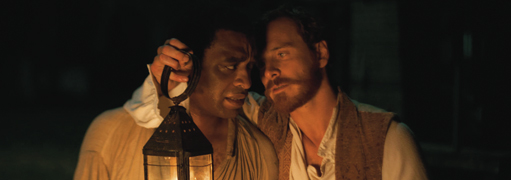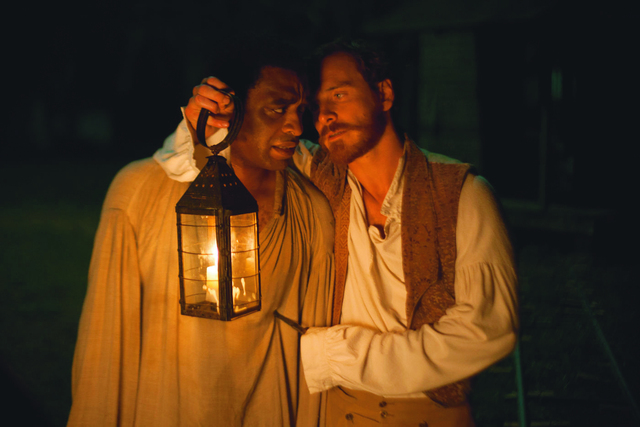Film Review: Is 12 Years A Slave Too Hard To Watch Or Too Good To Miss?
Is This Bracing, Brutal Look At Slavery Too Hard To Watch Or Too Good To Miss?


“OK
Latest Article|September 3, 2020|Free
::Making Grown Men Cry Since 1992


“OK